Meet the mentors in cancer prevention and control
The mentors in the Interdisciplinary Cancer Prevention and Control training program are award-winning scientists with expertise in nearly every field of research.
The mentors in the Interdisciplinary Cancer Prevention and Control training program are award-winning scientists with expertise in nearly every field of research.
Program Director
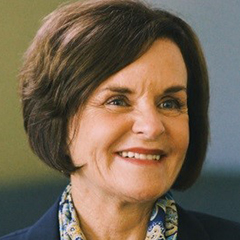 | Victoria L. Champion, PhD, RN, FAAN
Research areas: oncology care; early detection; symptom intervention; quality of life |
Co-Leader
 | Catherine Mosher, PhD
Research areas:(1) developing, evaluating, and disseminating psychosocial interventions for cancer patients and their family caregivers; and (2) identifying demographic, medical, and social predictors of physical and psychological health outcomes in cancer patients and their family caregivers. |
Interdisciplinary Mentors
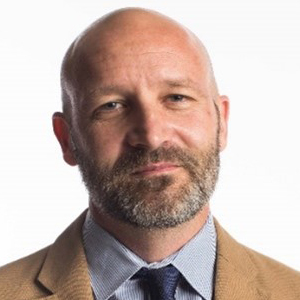 | Matthew C. Aalsma, PhD
Research areas: Pediatrics, addiction, mental health and physical health care for children and adolescents, juvenile justice systems, implementation science |
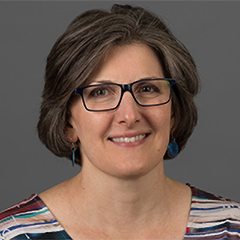 | Janet Carpenter, PhD, RN, FAAN
Research areas: Menopause, hot flashes, nonhormonal management of hot flashes. |
 | Teresa Damush, PhD, MA, BA
Research areas: Patient self-management, health psychology, implementation science |
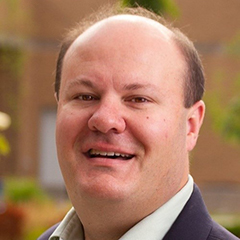 | Brian Dixon, PhD, MPA FACMI, FHIMSS
Research areas: Informatics methods; public health; population health |
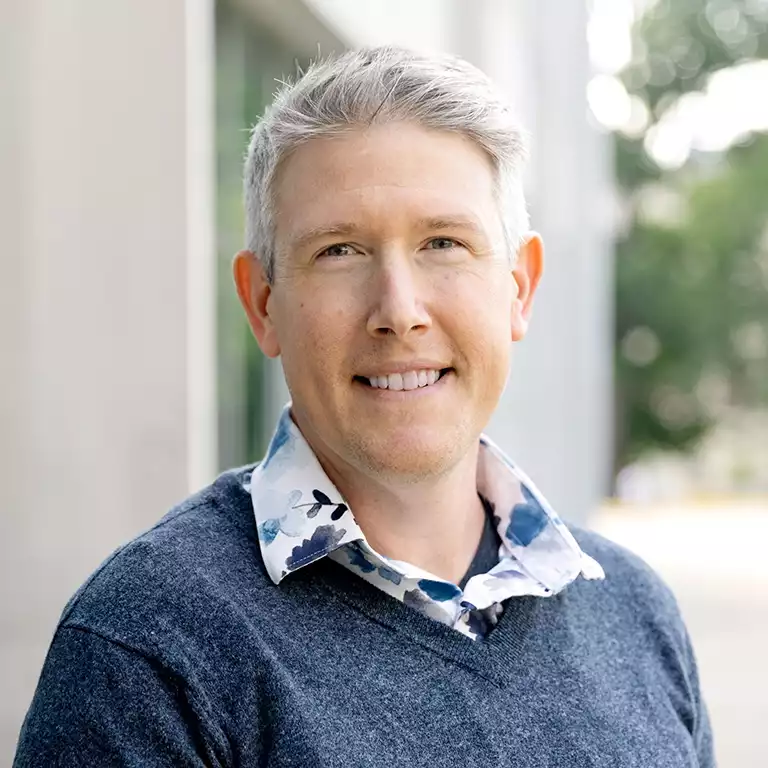 | Kit K. Elam, PhD
Research Areas: Addiction; mental health; genetics; child/adolescent development
|
 | David Haggstrom, MD, MAS
Research areas: Cancer health services research; cancer care coordination; medical informatics; health information exchange & data analytics |
 | Jiali Han, PhD
Research areas: Epidemiology studies of cancer etiology, prevention, outcome and global health. |
 | Susan Hickman, PhD
Research areas: advance care planning; end-of-life decision-making; goals of care; geriatrics; ethics. |
 | Adam T. Hirsh, PhD
Research areas: Clinical psychology; biopsychosocial aspects of pain and functioning in humans; differences in pain management among various groups. |
 | Kun Huang, PhD
Research areas: Translational bioinformatics and integrative genomics tools for cancer precision medicine. |
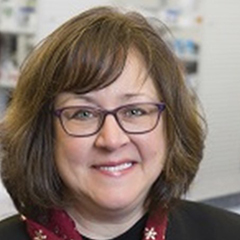 | Karen Hudmon, DrPH
Research areas: Screening and surveillance of colorectal neoplasia. Tailoring of colorectal cancer screening and surveillance based on individual patient risk. Understanding test characteristics of non-invasive colorectal cancer screening tests. Technology assessment for digestive diseases |
 | Thomas Imperiale, MD
Research areas: Screening and surveillance of colorectal neoplasia. Tailoring of colorectal cancer screening and surveillance based on individual patient risk. Understanding test characteristics of non-invasive colorectal cancer screening tests. Technology assessment for digestive diseases |
 | Shelley Johns, PsyD, HSPP, ABPP
Research areas: symptom management in post-treatment cancer survivors |
 |
Research areas: human papillomavirus (HPV); cancer |
 | Mark Kelley, PhD
Research areas: Translational research in DNA damage and repair, specifically, to determine how those activities can be exploited therapeutically to treat cancers and protect normal cells from oxidative and DNA base damage. |
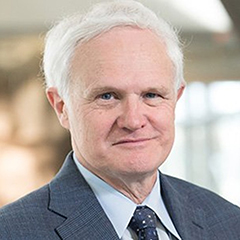 | Kurt Kroenke, MD
Research areas: chronic pain; patient-reported outcome measures; symptom evaluation/management; mental health in primary care |
 | Douglas Landsittel, PhD
Research Areas: Addictionbiomarkers and prognostic models; design and analysis of clinical trials and causal inference from non-randomized studies. |
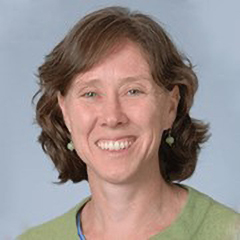 | Brenna McDonald, PsyD
Research areas: To improve understanding of the brain basis for cognitive symptoms experienced by cancer patients, and to develop treatments that help improve symptoms, daily functioning, and quality of life. |
 | Nir Menachemi, PhD, MPH
Research areas: How organizational strategies (e.g., health information technology adoption) impact critical performance measures, including quality outcomes and financial performance; health policy. |
 | Ahna L. Pai, PhD, FSBM
Research Areas: Treatment adherence in pediatric transplant and oncology, illness uncertainty in caregivers of children diagnosed with cancer, behavioral intervention development and evaluation, psychological functioning in caregivers of children with chronic or serious illness. |
 | Patrick Monahan, PhD
Research areas: Differential item functioning and development and validation of scales; statistical research in the areas of psychometrics and measurement. |
 |
Research areas: Mechanisms of anti-estrogen resistance, cancer stem cells and metastasis in breast cancer. |
 | Sheri Robb, PhD, MT-BC
Research areas: Music-based interventions to manage distress and improve positive health outcomes in children/adolescents with cancer and their caregivers. |
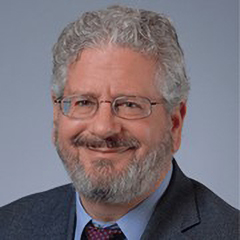 | Andrew Saykin, PsyD
Research areas: Neural Mechanisms of Chemotherapy-Induced Cognitive Disorder |
 | Todd Skaar, PhD
Research areas: Pharmacogenetics; breast cancer; discovery and implementation of genomic predictors of drug response. |
 | Lois Travis, MD, ScD
Research areas: Long-term physiologic and psychosocial effects of cancer and its treatment, with a goal of providing a foundation for risk-adapted evidence-based follow-up. |
To learn more about the Cancer Prevention and Control program, please send an email, along with your CV, to Nikki Benbow at nholdcro@iu.edu.